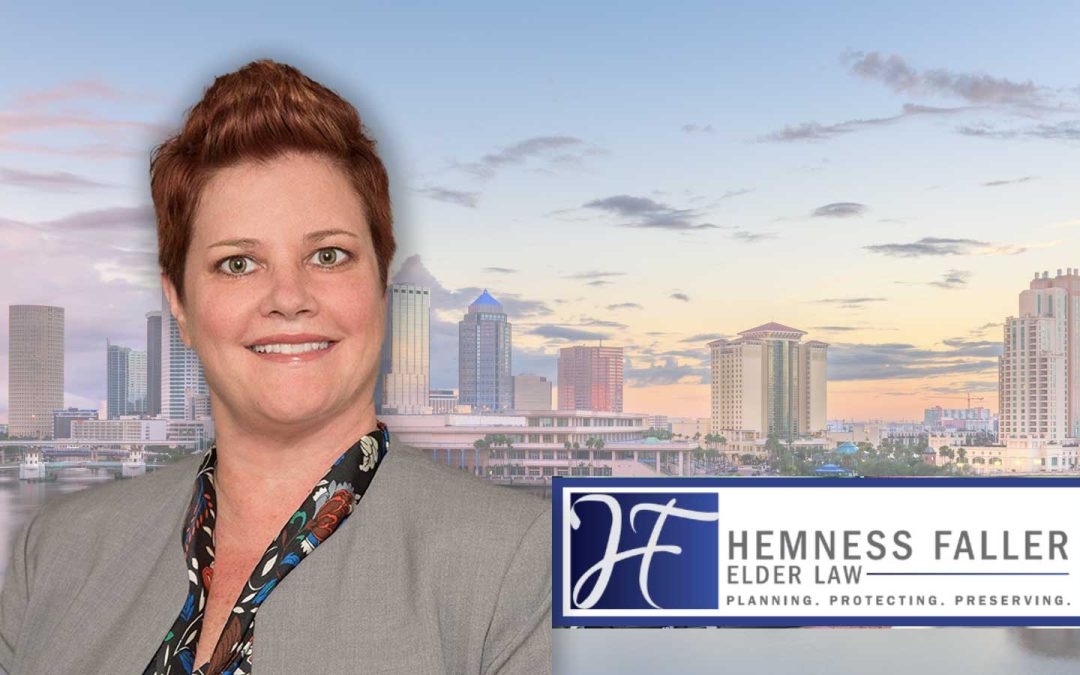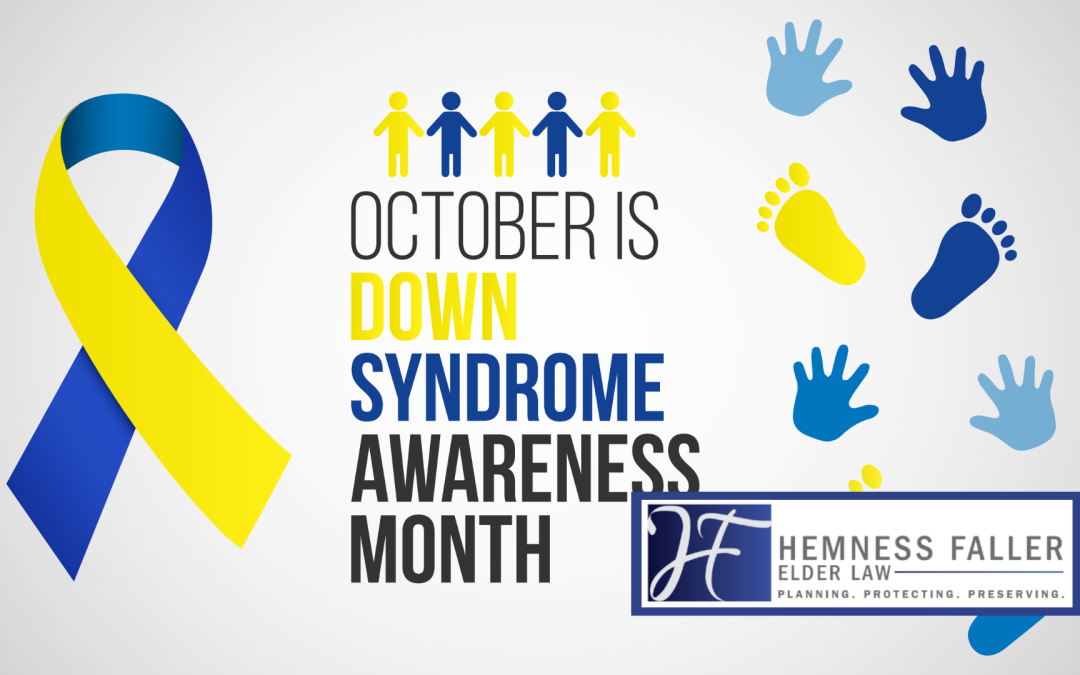As a parent with a developmentally disabled child, do you know how to legally protect your child once he or she turns 18 years old? When a child turns 18, his or her parents no longer have the authority to make decisions on his or her behalf. For parents of a child with a developmental disability, this can be particularly overwhelming and challenging time.
In Florida, guardian advocacy is a process where family members or caregivers can obtain legal authority over an individual with a developmental disability.
To help better inform you about this important process, let us share with you some facts about guardian advocacy in Florida.
First, you may be concerned about the type of legal authority being a guardian advocate provides you as a parent. Generally, guardian advocacy rights are split up into property rights and personal rights. A property right involves the right to contract on behalf of your child, while a personal right concerns the ability to make decisions about the physical well-being of your child. You may choose to obtain property rights, personal rights, or both over your child depending on your child’s specific needs.
Second, if your developmentally disabled child is high functioning, you may be wondering whether other legal alternatives may better fit your needs. A Durable Power of Attorney, for example, gives the principal the ability to make shared decisions with his or her child. It does not, however, prevent an adult child from making bad financial or medical decisions, as it still provides the child the ability to make his or her own decisions. If this concerns you, seeking guardian advocacy may be the more effective option for your specific circumstances.
Finally, we know this can be a particularly challenging process, which is why we encourage you to seek the guidance of an experienced special needs attorney for assistance. Although you technically do not need an attorney to seek guardian advocacy of your child, this does not mean that you will be able to navigate the process effectively or efficiently. You may not, for example, foresee some of the challenges you may have with your adult child and may fail to ask for rights to be removed from your child. When it comes to guardian advocacy, each situation is different. Discussing your unique needs with an experienced special needs attorney can help ensure your child remains legally protected once he or she turns 18.
We know this article may raise more questions than it answers for you.
If you have specific questions about guardian advocacy in Florida, do not wait to contact us.
Let us answer your questions about your unique legal needs.






